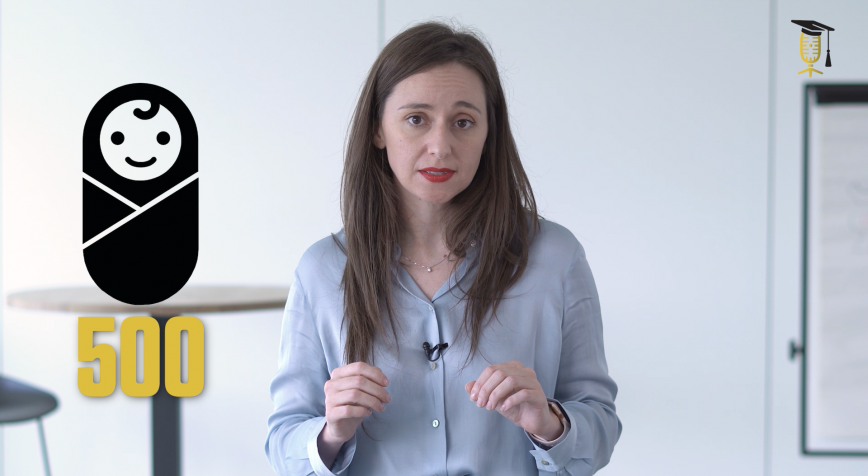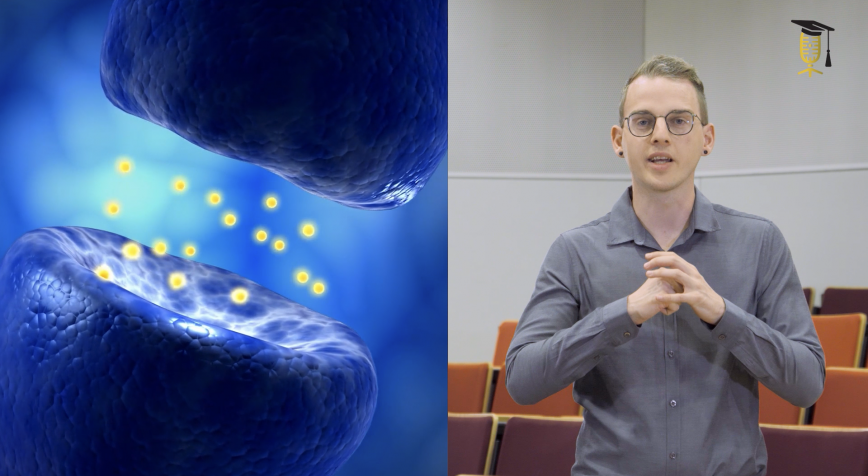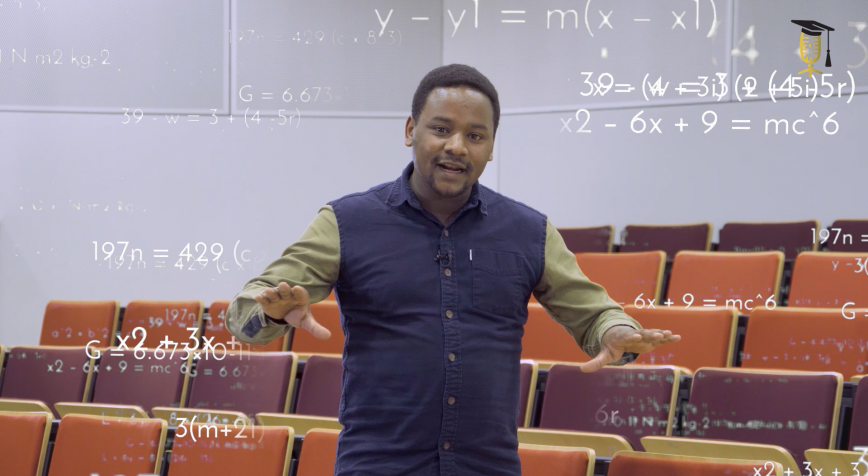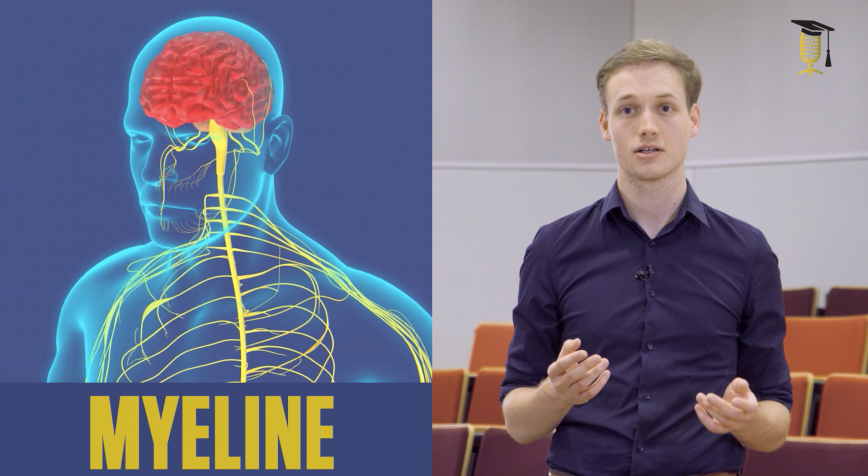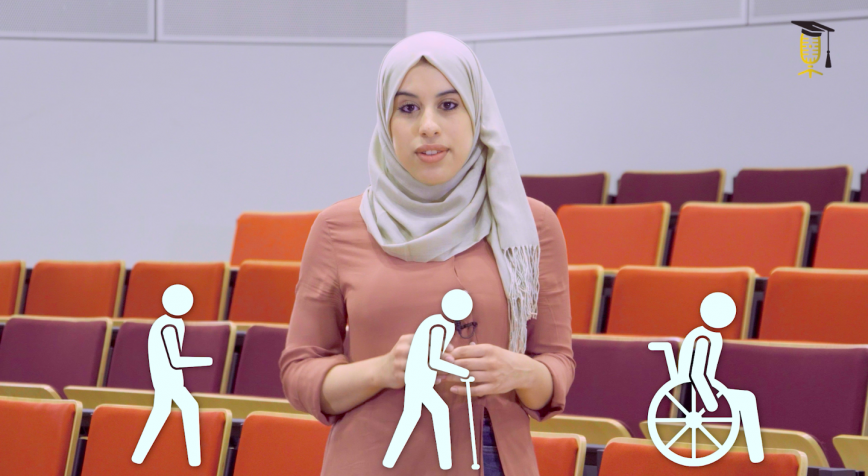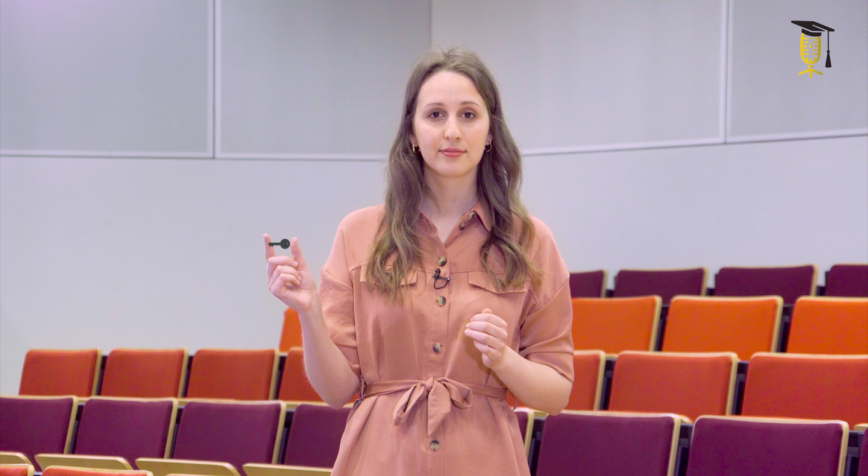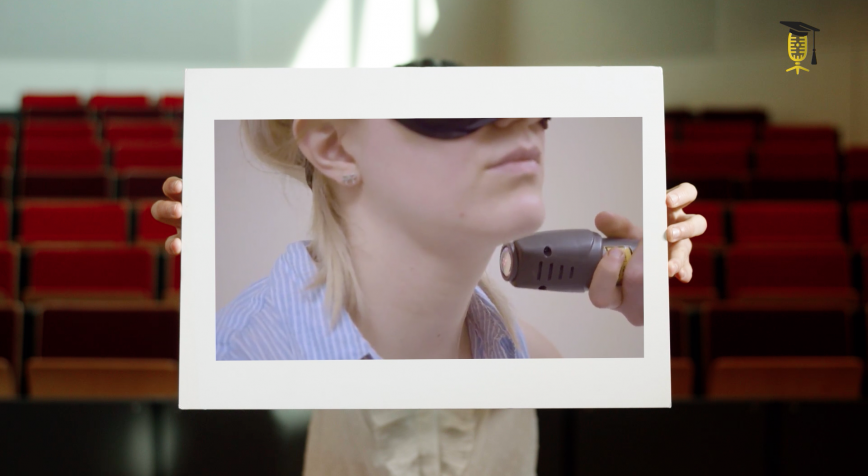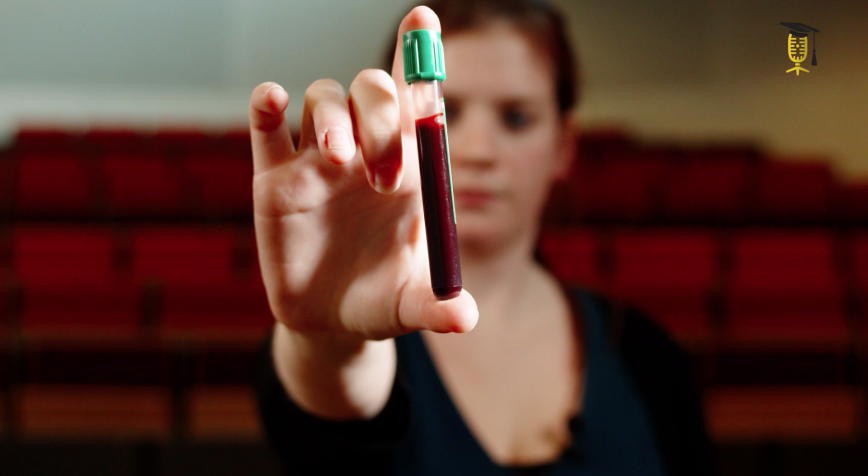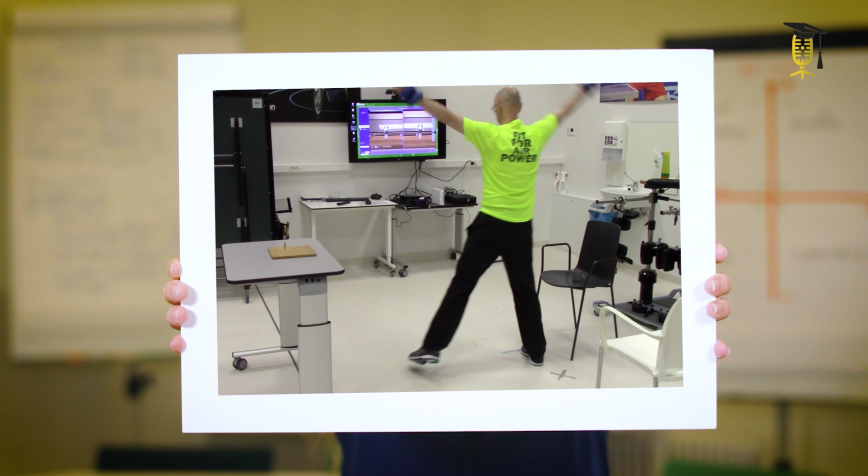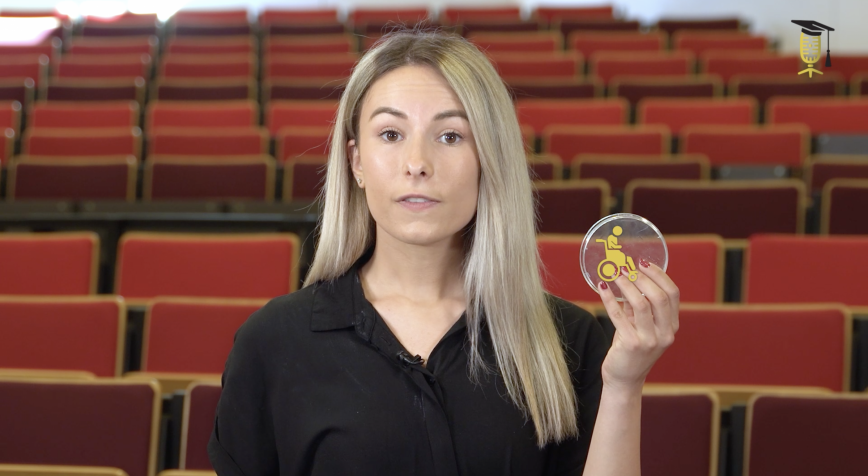
FWO
UHasselt
VIB
Studying a patient in a Petri dish
Imagine not being able to feel a hug anymore. This is what happens to some patients with Charcot-Marie-Tooth disease (CMT1A). They get weaker muscles, their muscles die and sometimes they even lose the sense of touch. In order to research the disease more quickly and efficiently, Karen Libberecht (UHasselt - VIB - FWO) studies her patients ... in a petri dish. She explains how that works exactly in this video.

